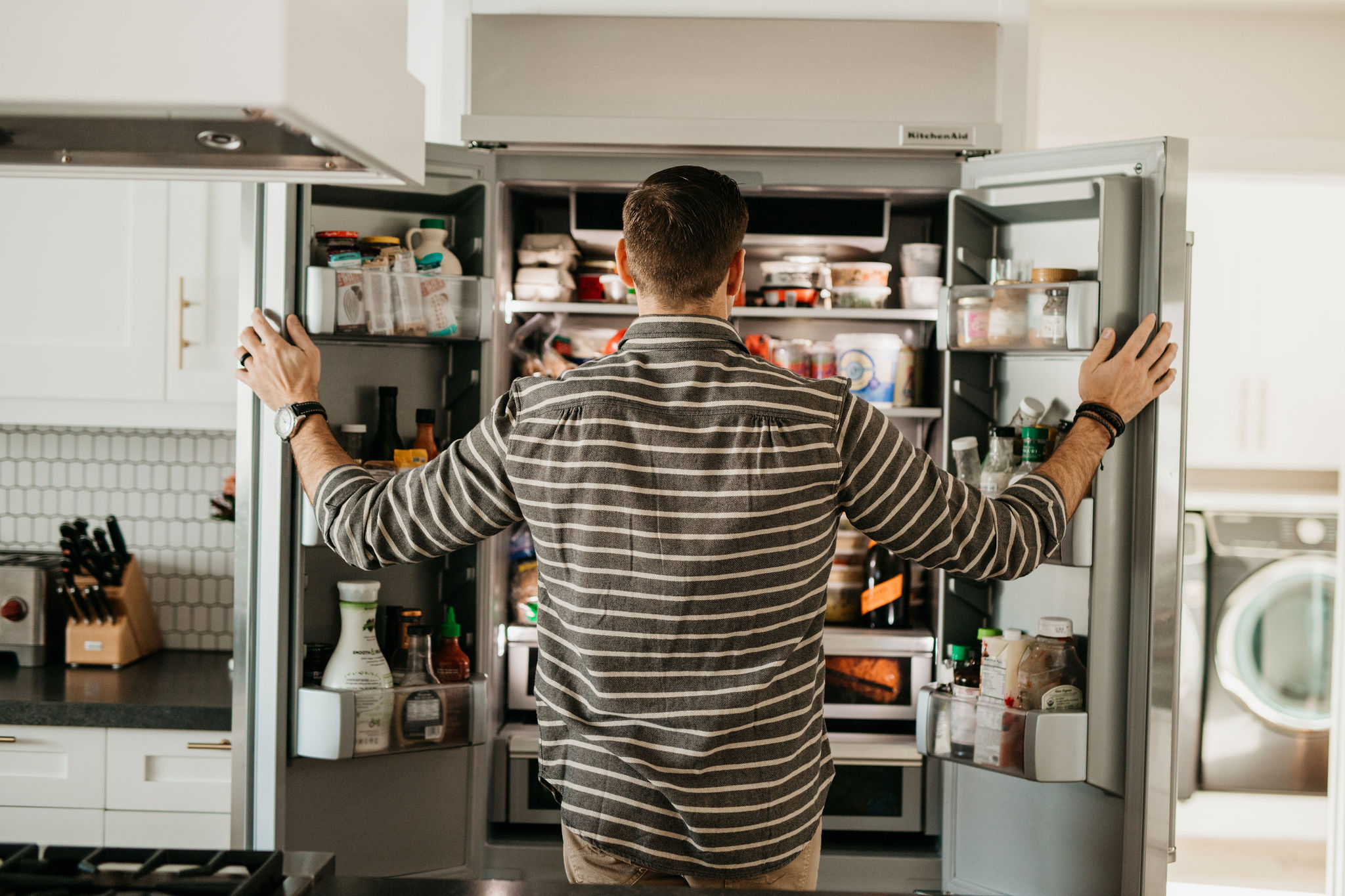The gluten free diet has been trending for years and is continuing to grow in popularity. However, is gluten unhealthy for everyone to enjoy? Is adopting a gluten free diet actually best?

What is Gluten?
The term gluten describes a protein found in wheat, barley, and rye. It’s a glue-like substance that holds foods together. However, due to poor farming practices in America over the last several decades, wheat products are not like they used to be. Today, they can be high in GMO’s and pesticides, making them hard to digest. For this reason, gluten intolerance and allergy is steadily increasing.
What is Celiac Disease?
Celiac Disease is an autoimmune disease associated with gluten consumption. Essentially, the body mistakenly views gluten as a pathogenic substance, attacking the gluten, as well as the gut lining. Celiac Disease is often diagnosed through blood tests and intestinal biopsies, which can identify IgG and IgA antibodies to gluten. Non-Celiac Gluten Sensitivity (NCGS) is not an autoimmune disease, but it can still cause undesirable symptoms from gluten consumption, like:
- Bloating
- Indigestion
- Nausea
- Headaches
- Fatigue
- Gassiness
Luckily, a gluten free diet is often an effective treatment for Celiac Disease and NCGS.

Is a Gluten Free Diet Healthier?
Despite common belief, a gluten free diet is NOT always the healthier option. However, if you have Celiac Disease, NCGS, or gluten intolerance, a gluten free diet might be the best way to manage symptoms, reduce inflammation, and improve overall health.
That said, not all gluten is necessarily bad for you. Gluten found in whole, natural foods can be rich in vitamins and minerals, making it an important part of a healthy diet. It’s also worth noting that many gluten free, packaged products, like their gluten-filled alternative, are not necessarily healthier. As with all foods, whole sources will always be the most nutrient-dense.
Why I Maintain a Gluten Free Diet
The further I advanced into my career in medicine, the more I noticed my gut health progressively getting worse. At one point, I experienced bloating and stomach cramps on a daily basis, which I knew wasn’t right. Additionally, I was struggling with hormonal imbalances. Having been in the health field for so many years, I knew gluten could be a highly inflammatory food, triggering inflammation and making my symptoms worse. After eliminating gluten completely from my diet for several months, all of my digestive issues improved and my hormonal imbalances started to improve. For me, adopting a gluten free diet was well-worth feeling like myself again!
How to Adopt a Gluten Free Diet
At first, adopting a gluten free diet can feel overwhelming and defeating. After all, who wants to give up crunchy french bread and cheesy pasta?! Trust me, I get it. That said, in today’s world, there are many delicious and nutritious gluten free alternatives. If I can do it, so can you!
When starting a gluten free diet, the first step is understanding which foods contain gluten. Of course, there are obvious gluten-filled goodies, like bread and pasta, but the list doesn’t end there. Gluten can be hidden in many not-so-obvious food products, like soy sauce, dressings, marinades, seasonings, and more. Celiac.org has an extensive list of gluten-containing foods.
As someone who is relatively new to adopting a gluten free diet, never be afraid to ask questions. When eating at a restaurant or at a friend’s house, consider these commonly mistaken foods:
- Sushi- Most rice is gluten free, in it’s natural form, but soy sauce contains wheat. Always ask how the sushi is prepared and cooked. You can substitute tamari for soy sauce.
- Pasta- There are so many alternatives for pasta nowadays. Request gluten free pasta made with quinoa, brown rice, chickpeas, or cassava.
- French fries- Potatoes are gluten free, naturally, but always ensure they don’t batter the potatoes before cooking. Or, in the case of Celiac Disease, avoid fries (or other foods) fried in a contaminated fryer.
My Favorite Gluten Free Products
Luckily, gluten free foods can be found at almost every restaurant and grocery store. However, some gluten free items are better than others. These are a few of my favorite gluten free foods to keep on hand at all times:
- Simple Mills seed and nut crackers
- Banza chickpea pasta
- From the Ground Up cauliflower pretzels
- Siete tortilla chips and almond flour tortillas
- Brazi Bites
- Against the Grain bread (rosemary flavor is my jam)
Although gluten isn’t inherently bad or unhealthy, adopting a gluten free diet is important for those who suffer from a gluten allergy, sensitivity, or intolerance. If you’re not sure if you would benefit from adopting a gluten free diet, I recommend participating in an elimination diet. Eliminate all gluten from your diet for at least three months. If you notice health improvements over the three months, it’s likely you’ll benefit from maintaining a gluten free diet long-term.
What are your favorite gluten free foods and recipes?


